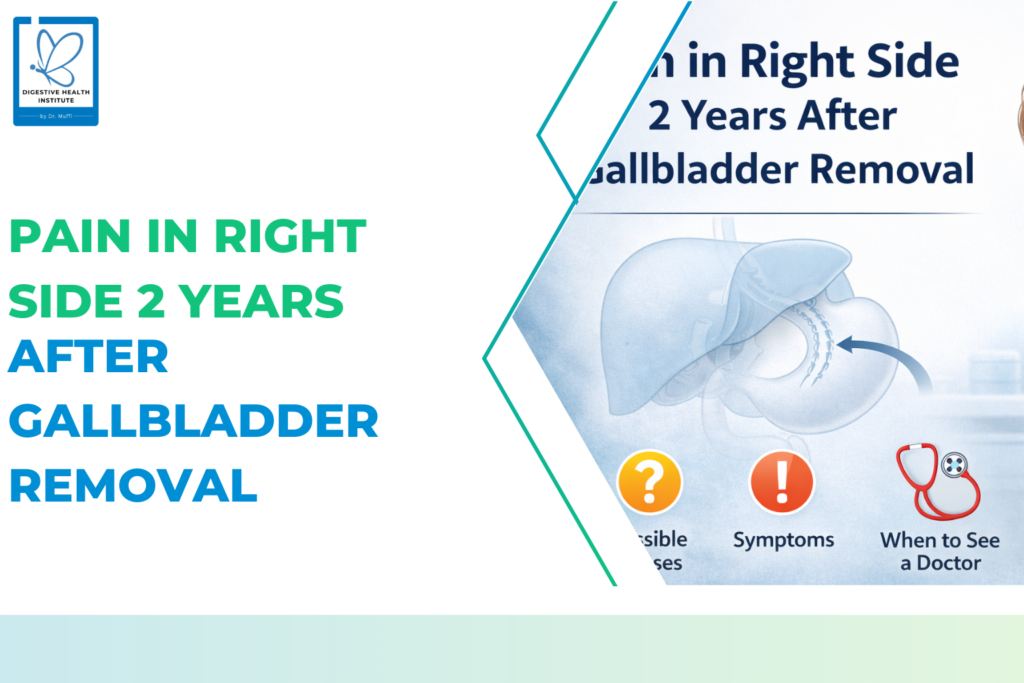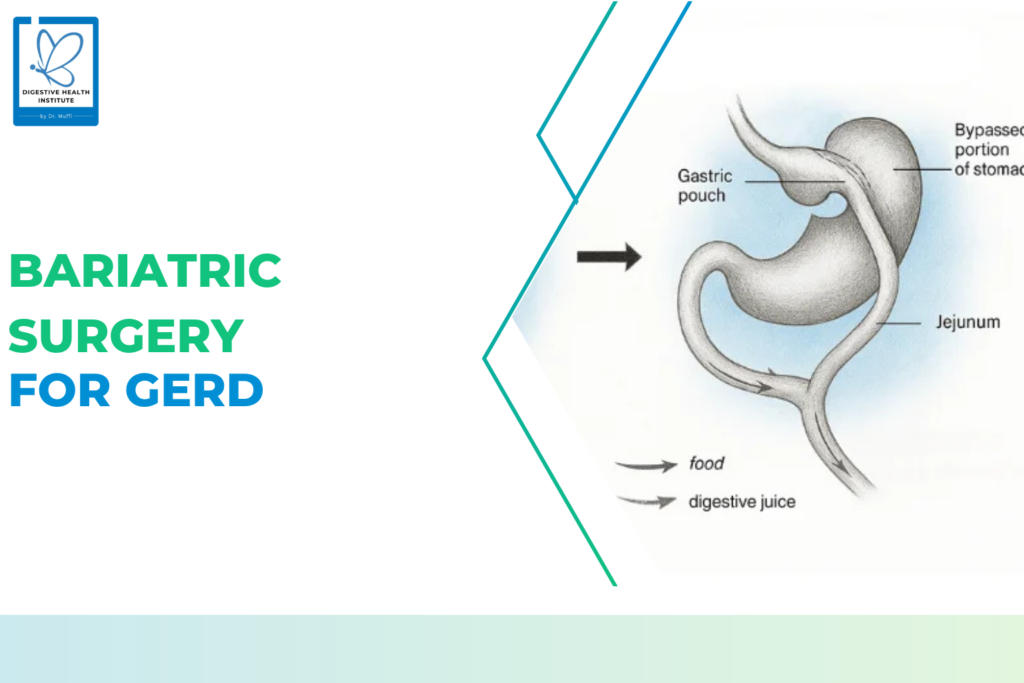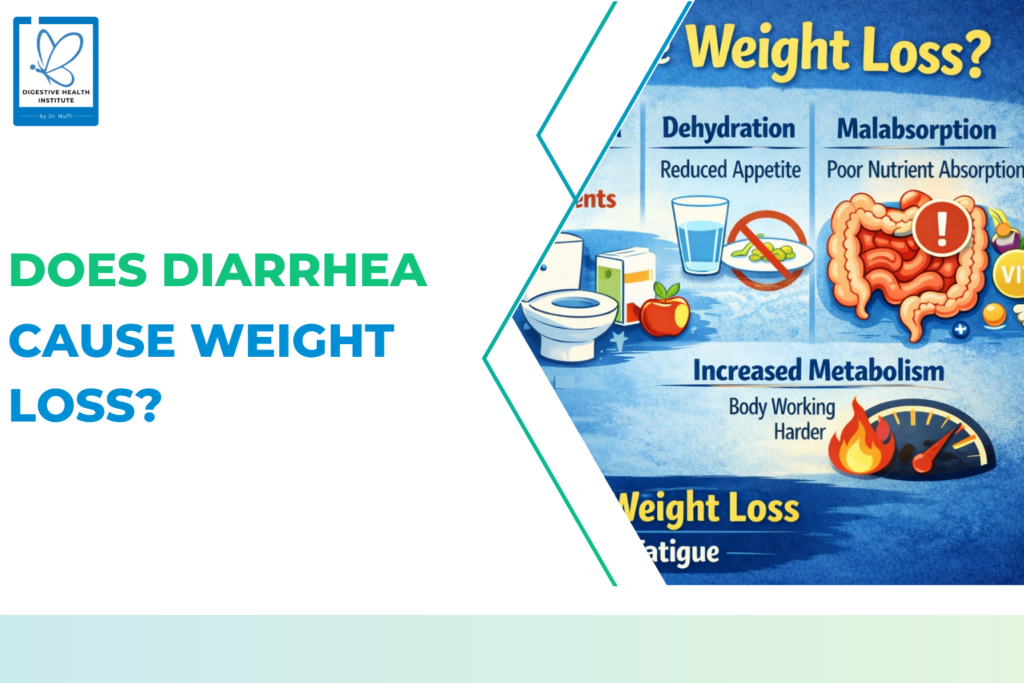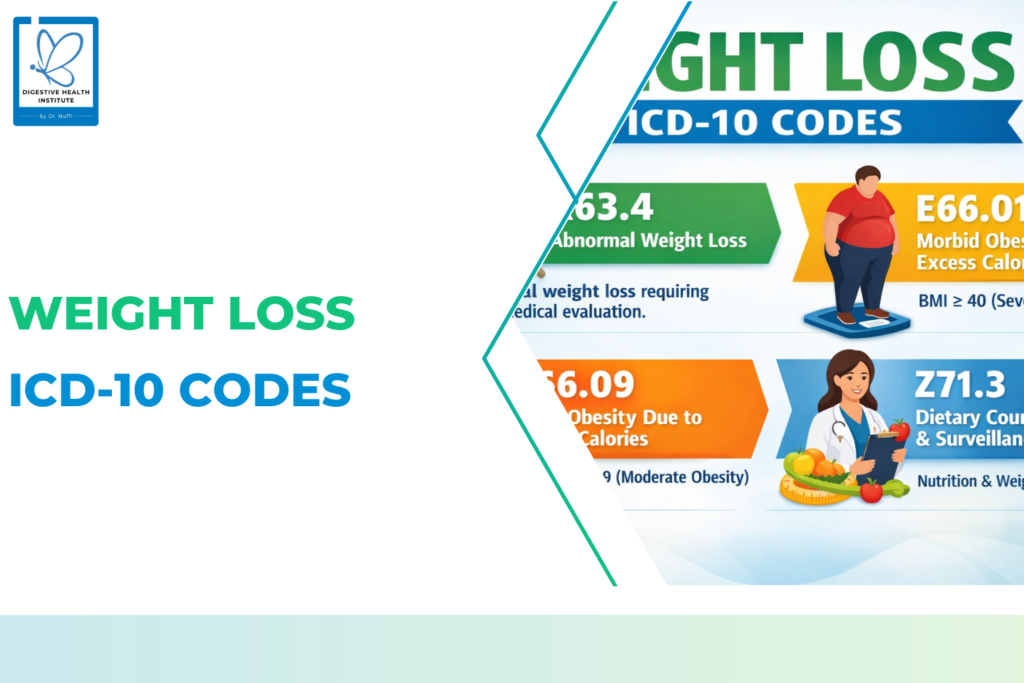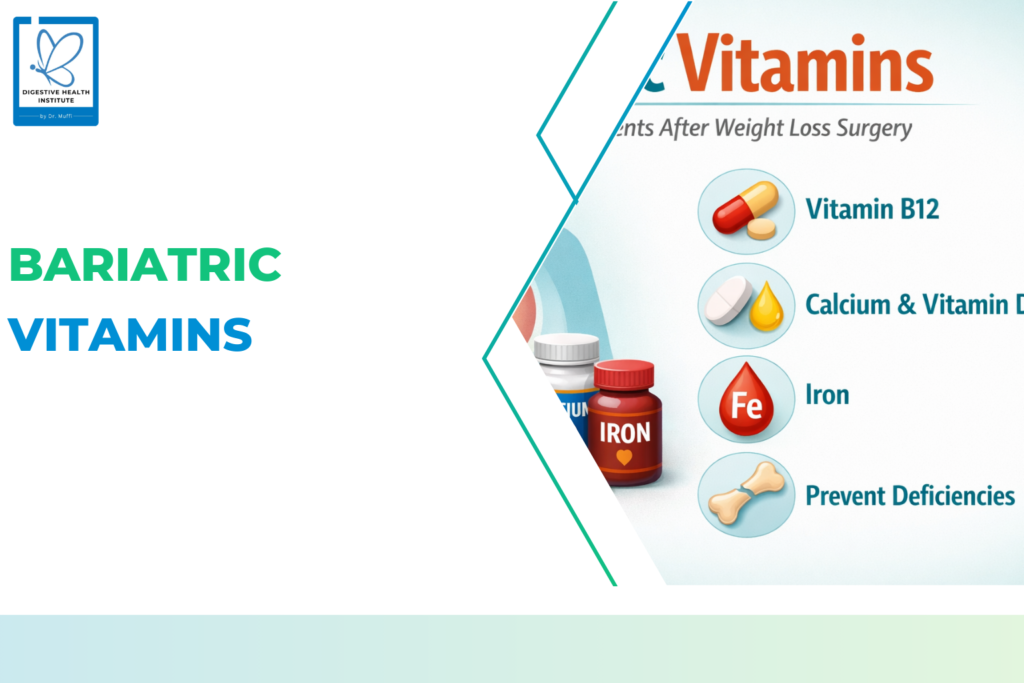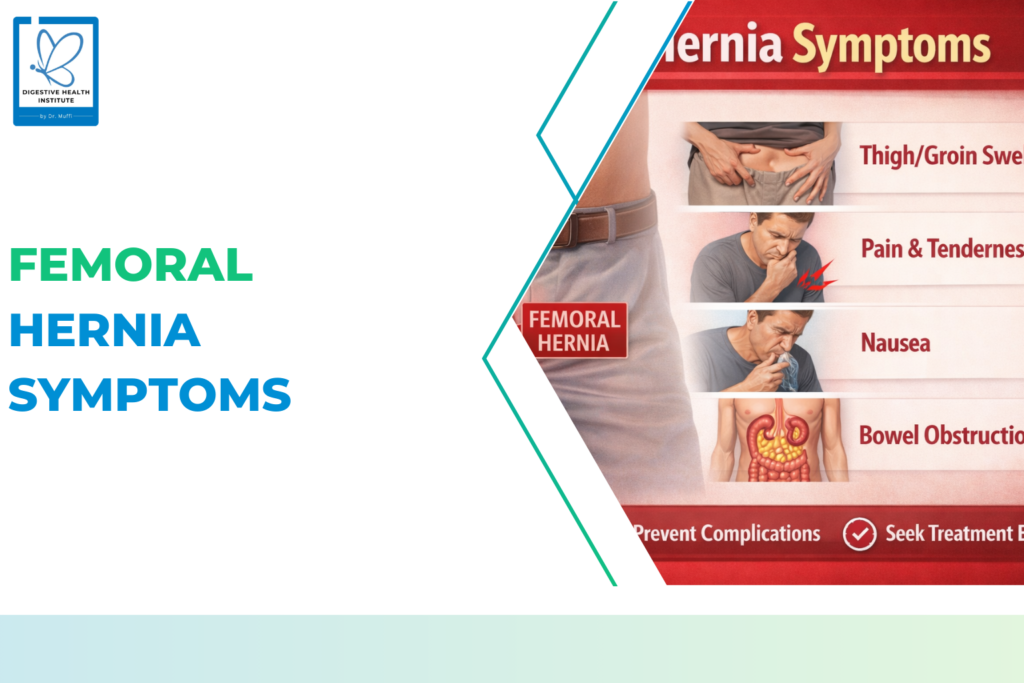Life Expectancy After Total Hysterectomy
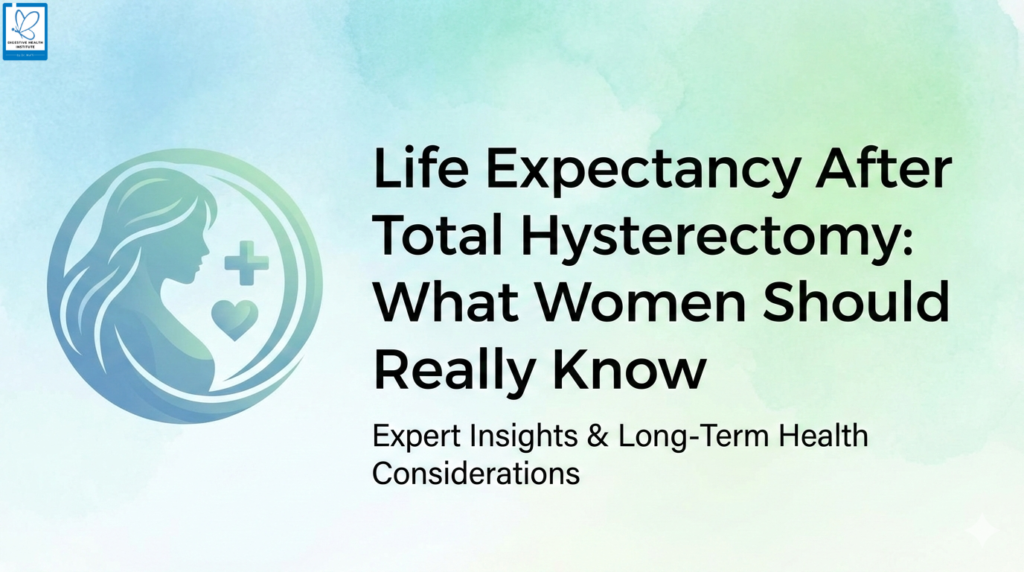
Concerns about life expectancy after total hysterectomy are common among women considering or recovering from this procedure. A total hysterectomy is one of the most frequently performed gynecological surgeries worldwide, and many women worry about one critical question before and after the operation:
Does a total hysterectomy affect life expectancy?
The reassuring answer is no — when performed for appropriate medical reasons, a total hysterectomy does not reduce life expectancy. In fact, for many women, it improves quality of life and long-term health.
This article explains life expectancy after total hysterectomy in clear, evidence-based terms.

What Is a Total Hysterectomy?
A total hysterectomy is a surgical procedure in which the uterus and cervix are removed. Depending on the condition, the ovaries and fallopian tubes may or may not be removed.
Types of hysterectomy:
- Total hysterectomy – uterus + cervix removed
- Total hysterectomy with bilateral salpingo-oophorectomy – uterus, cervix, ovaries & tubes removed
- Subtotal (partial) hysterectomy – uterus removed, cervix retained
The impact on health depends largely on whether the ovaries are removed.
Does Total Hysterectomy Reduce Life Expectancy?
No a total hysterectomy does not shorten lifespan
Multiple long-term studies show that women who undergo a hysterectomy for non-cancerous conditions (fibroids, endometriosis, heavy bleeding, prolapse) have the same life expectancy as women who do not.
In some cases, life expectancy may improve due to:
- Elimination of chronic pain
- Reduced anemia from heavy bleeding
Lower risk of uterine and cervical cancer
Life Expectancy Based on Ovary Removal
1. Hysterectomy Without Removing Ovaries
- Hormone levels remain stable
- Natural menopause occurs at normal age
- No increased risk of heart disease or early death
- Life expectancy remains unchanged
This is the best-case scenario when ovaries are healthy
2. Hysterectomy With Ovary Removal
If ovaries are removed before natural menopause:
- Estrogen levels drop suddenly
- Early menopause occurs
- Slight increase in risk of:
- Heart disease
- Bone loss (osteoporosis)
- Cognitive changes (long term)
- Heart disease
However, with:
- Hormone replacement therapy (HRT)
- Healthy lifestyle
- Regular medical follow-up
Life expectancy still remains normal
Factors That Truly Affect Life Expectancy After Hysterectomy
A hysterectomy itself does not determine lifespan. These factors matter more:
- Age at surgery
- Overall health (diabetes, BP, obesity)
- Whether ovaries are preserved
- Post-surgery lifestyle
- Proper hormonal management
Women who follow medical advice live just as long — or longer — than average.
Can a Woman Live a Normal, Healthy Life After Hysterectomy?
Absolutely. Most women report:
- Improved energy levels
- Better sexual comfort
- Freedom from pain and bleeding
- Improved emotional well-being
Pregnancy will no longer be possible, but womanhood, hormones, and lifespan remain intact.

How to Maintain Long Life After Total Hysterectomy
1. Heart Health
- Regular walking or exercise
- Control blood pressure and cholesterol
2. Bone Health
- Calcium & vitamin D
- Strength training
- Bone density scans if ovaries removed
3. Hormonal Balance
- Discuss HRT if menopause starts early
- Do not ignore symptoms like hot flashes or fatigue
4. Regular Health Checkups
- Breast screening
- Thyroid checks
- Metabolic health monitoring
Myths About Life Expectancy After Hysterectomy
“Women age faster after hysterectomy”
“Life span becomes shorter”
“Hormones completely stop”
Facts: None of these are true when surgery is done correctly and follow-up care is maintained.
When Is Hysterectomy Life-Saving?
In conditions like:
- Uterine or cervical cancer
- Severe bleeding causing life-threatening anemia
- Advanced endometriosis
- Large fibroids affecting organs
A hysterectomy can extend life expectancy and prevent future complications.
Final Answer: What Is the Life Expectancy After Total Hysterectomy?
Life expectancy after a total hysterectomy is normal and unchanged.
With proper medical care, a balanced lifestyle, and regular follow-ups, women live long, healthy, and fulfilling lives after hysterectomy.
FAQs: Life Expectancy After Total Hysterectomy?
-
Does a Total Hysterectomy Affect Life Expectancy?
A total hysterectomy does not reduce life expectancy for most women. Research shows that women who undergo hysterectomy generally live a normal lifespan, especially when the surgery is performed for non-cancerous conditions and proper post-operative care is followed.
- Can women live long after uterus removal?
Yes. The uterus is not essential for maintaining overall health after reproductive years. Once removed, it does not shorten lifespan or interfere with vital body functions. Most women continue to lead healthy, active lives following recovery. - Is hysterectomy safe in the long term?
Yes, a hysterectomy is considered safe in the long term. Outcomes are especially positive when the ovaries are preserved, as they continue to produce hormones that support bone, heart, and metabolic health. Even when ovaries are removed, appropriate hormone management can effectively maintain long-term well-being.
-
Can life expectancy decrease after hysterectomy at a young age?
Life expectancy does not decrease if a hysterectomy is performed at a young age, especially when the ovaries are preserved. If ovaries are removed early, proper hormone replacement therapy, regular follow-ups, and a healthy lifestyle help maintain a normal lifespan.
-
Do women age faster after a total hysterectomy?
No, women do not age faster after a total hysterectomy. Aging is influenced by genetics, lifestyle, and overall health — not uterus removal. When hormone balance is maintained, physical and mental aging progresses naturally and normally.
Overall, with regular medical follow-ups and a healthy lifestyle, a total hysterectomy does not negatively impact longevity or quality of life.


